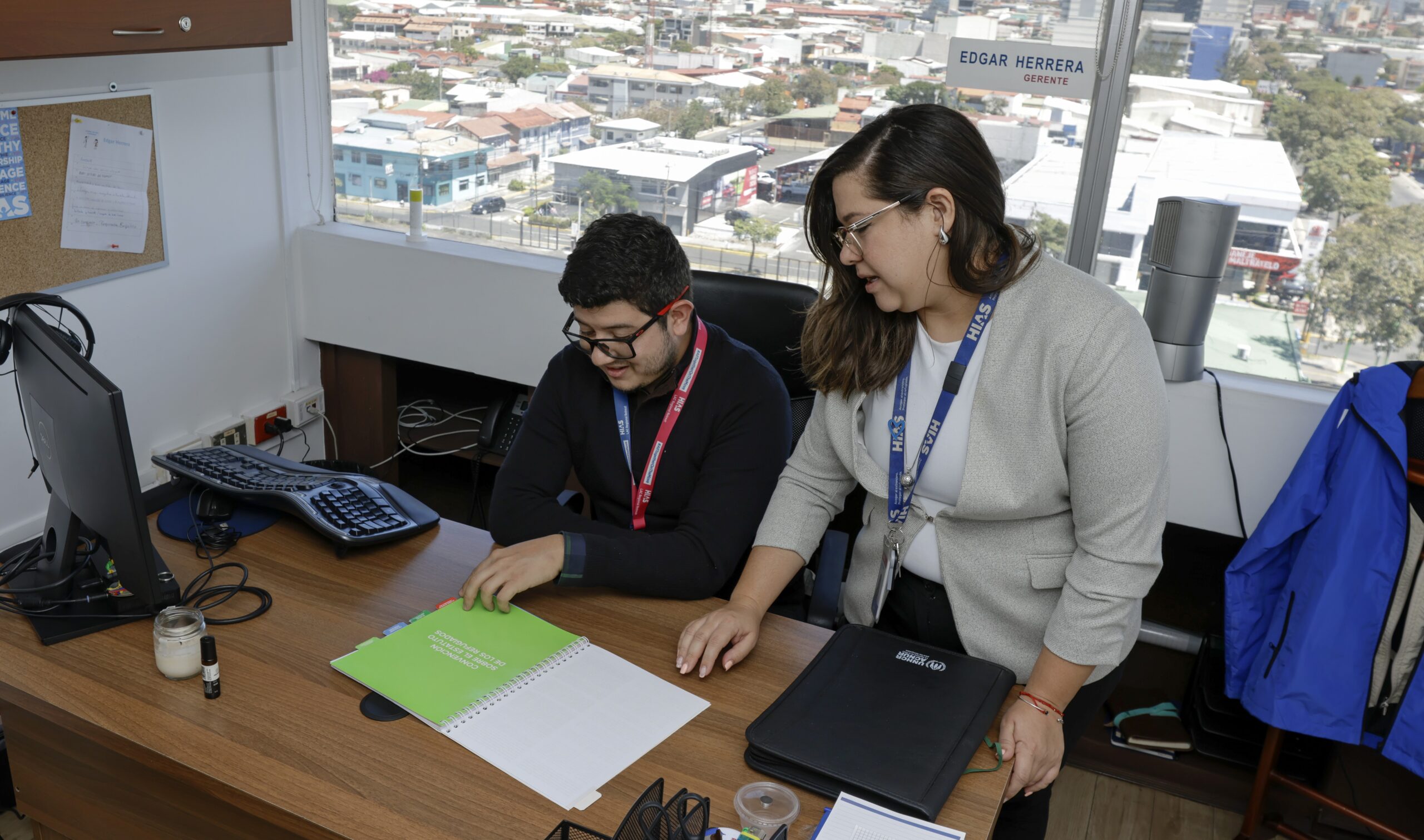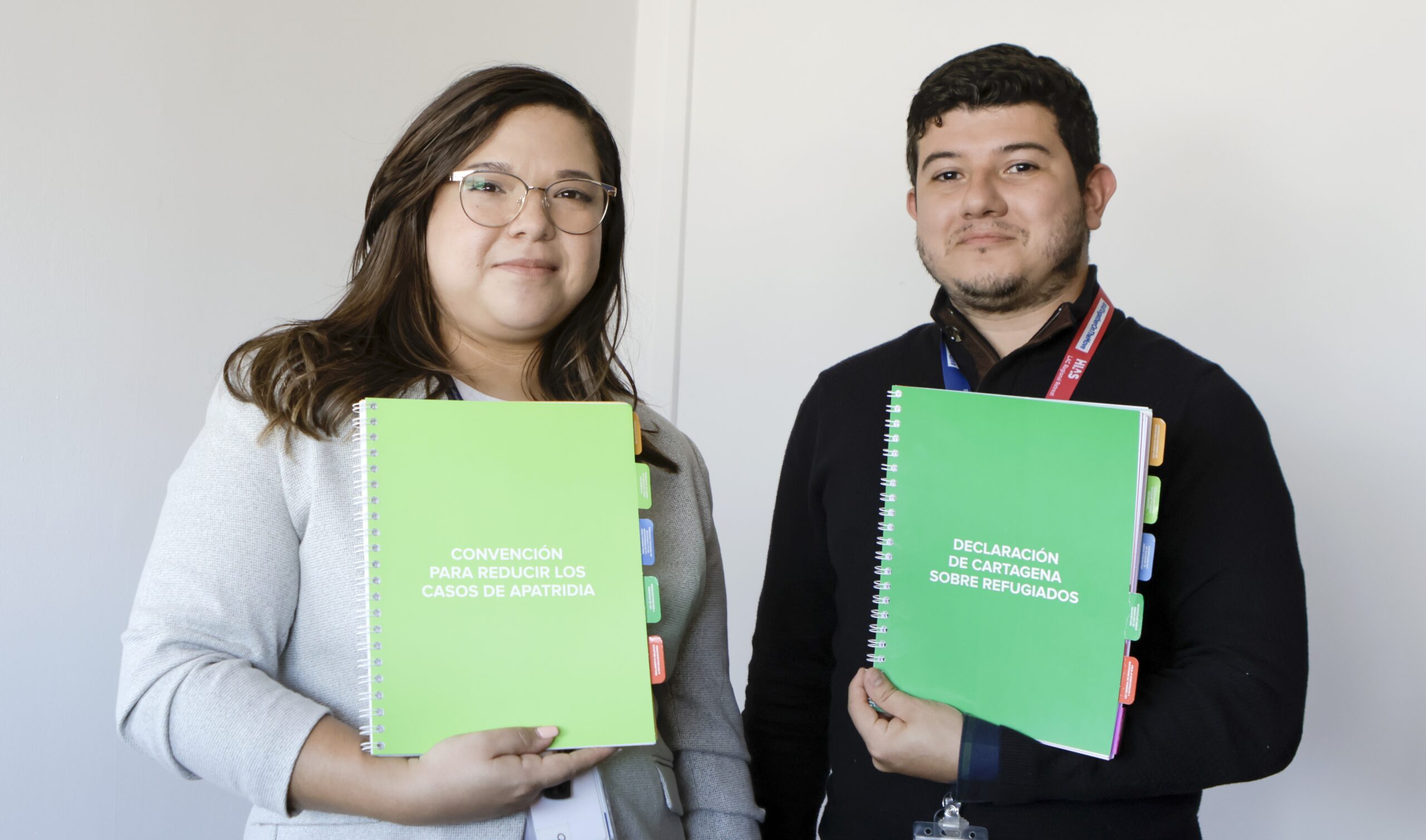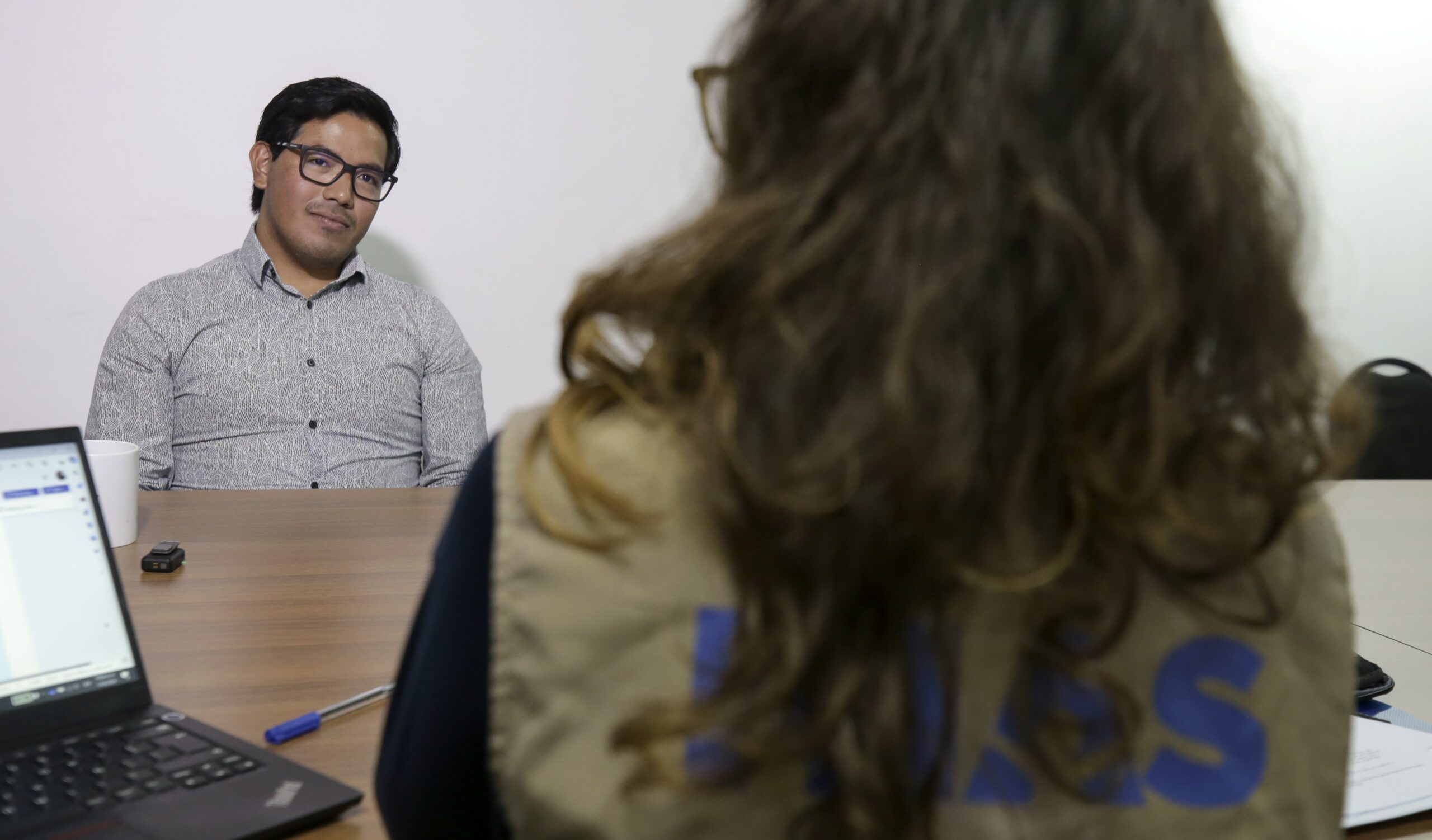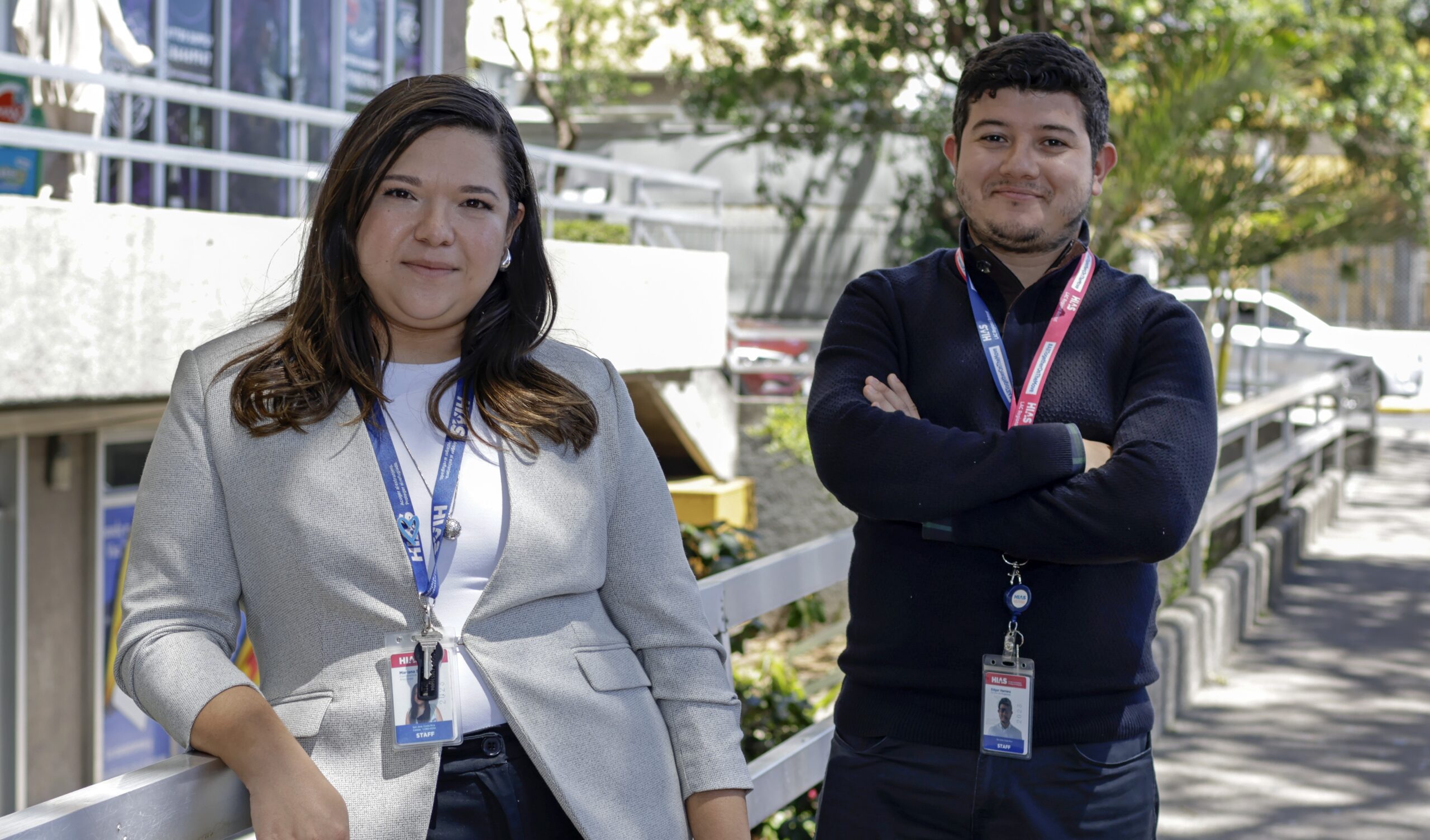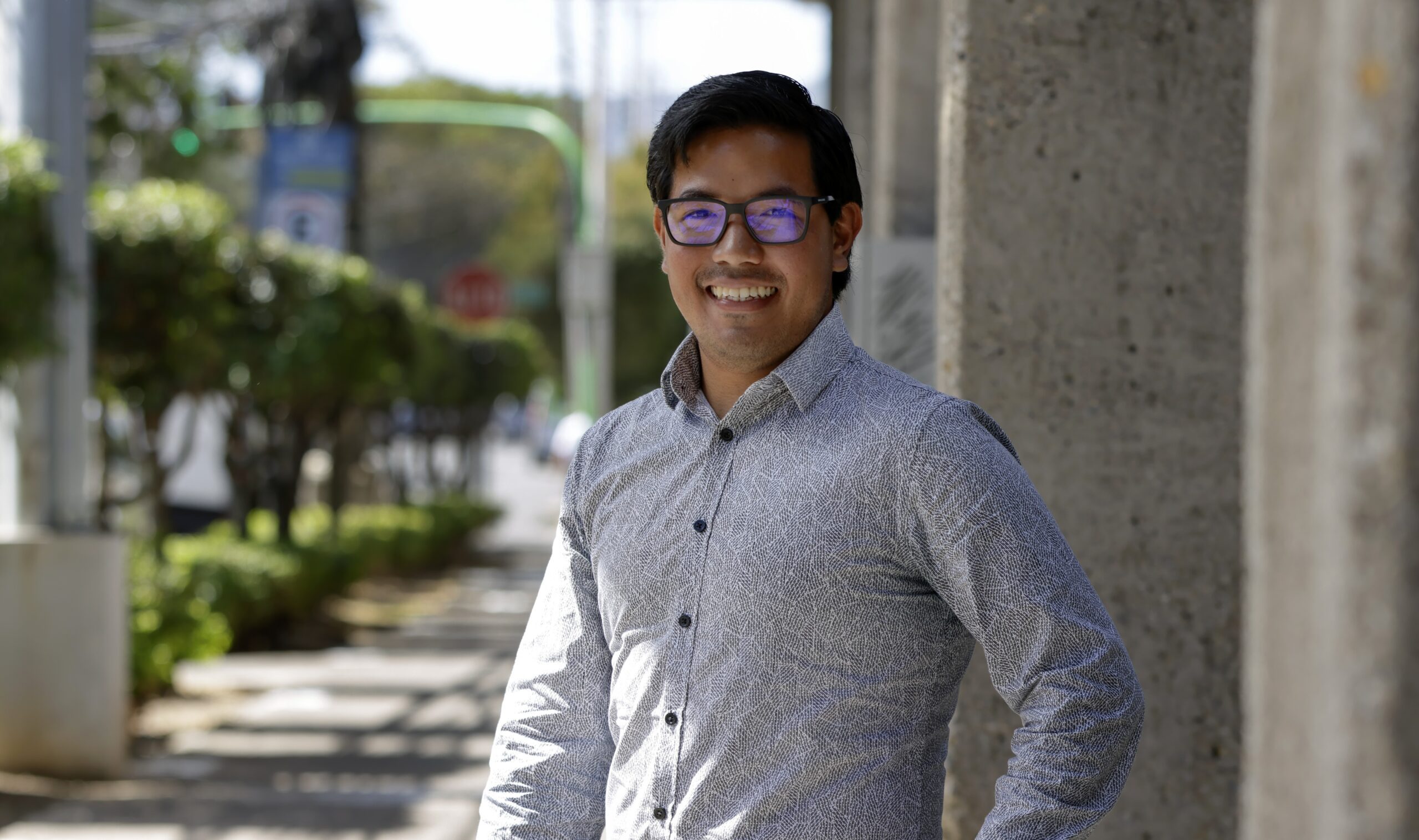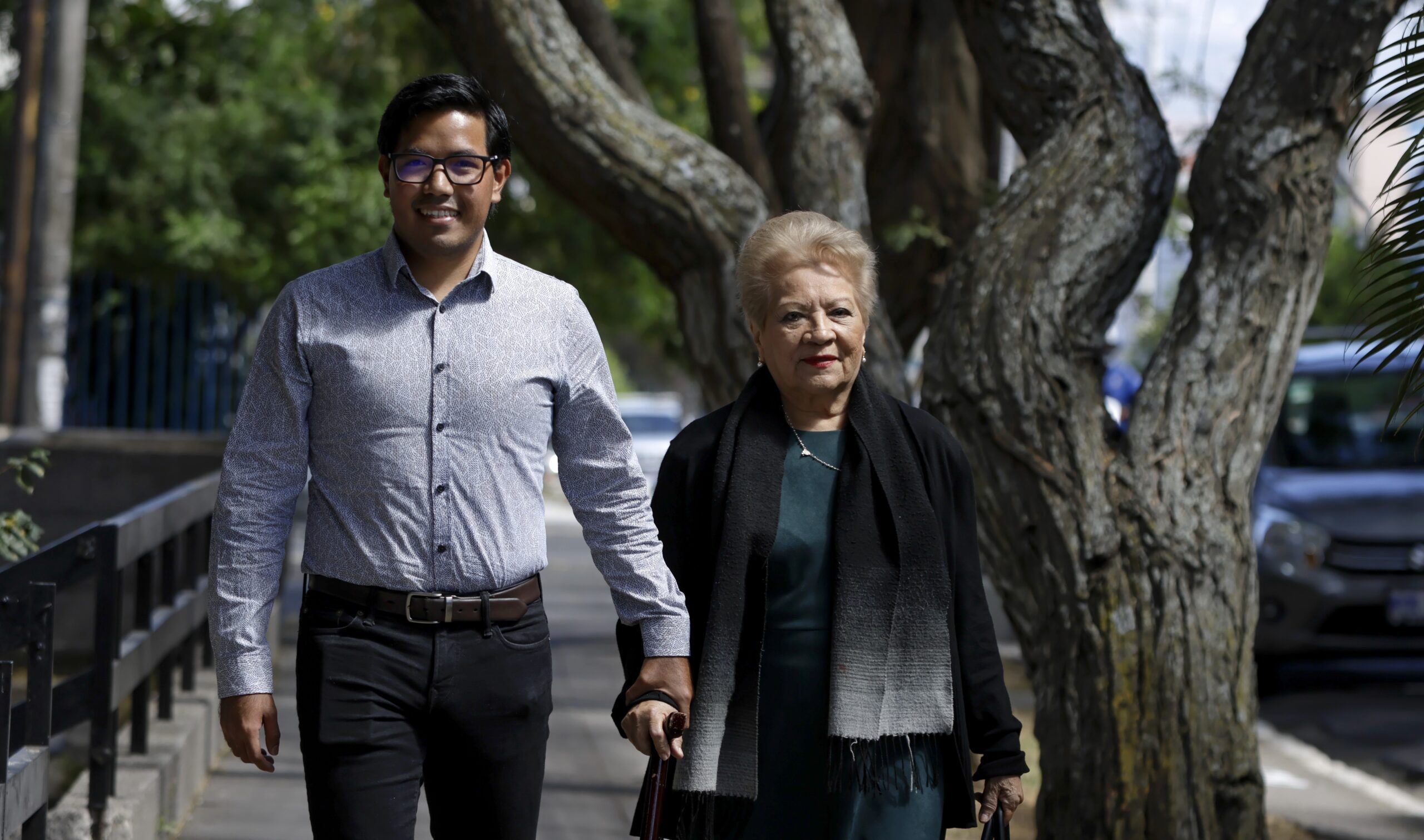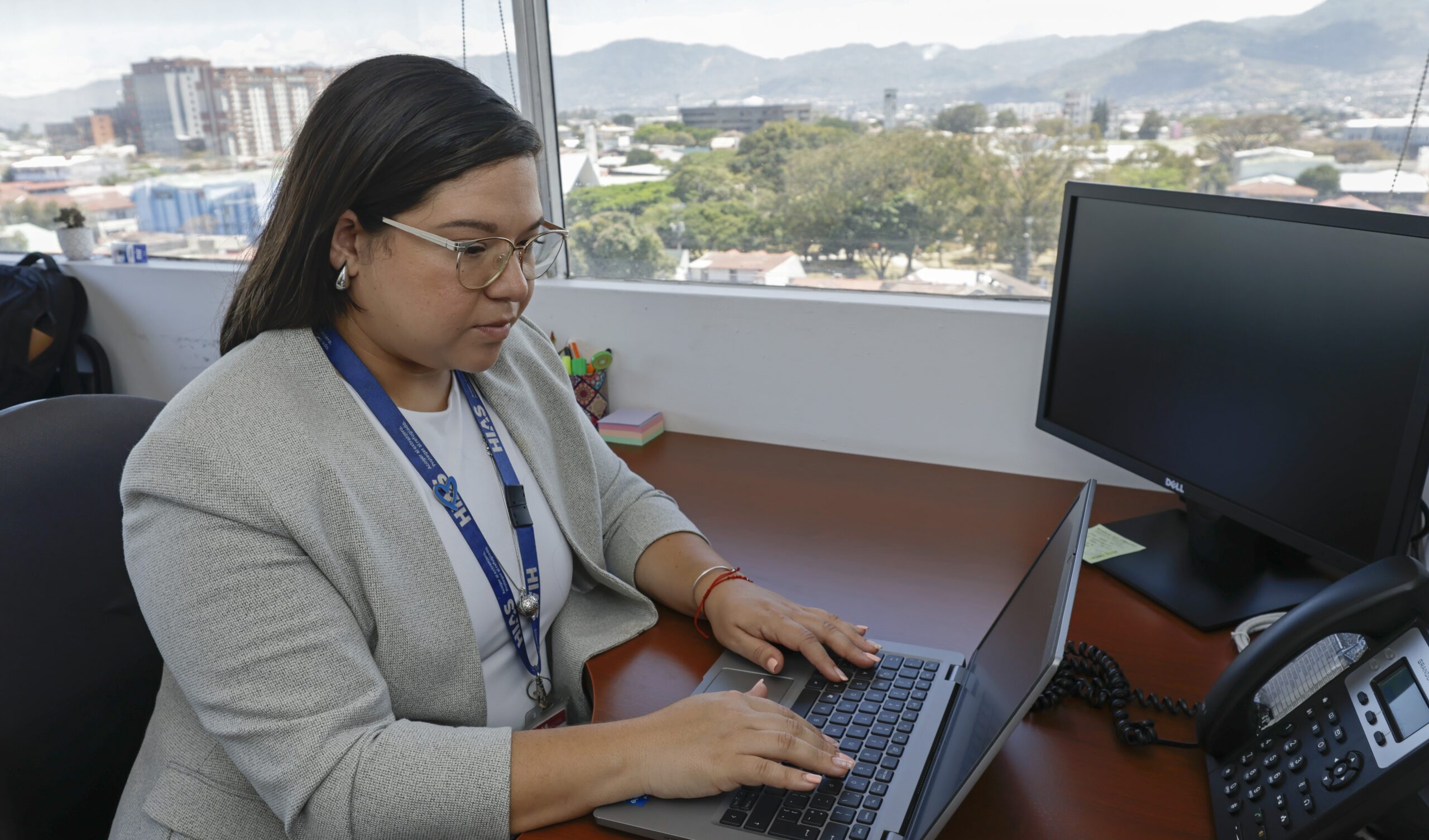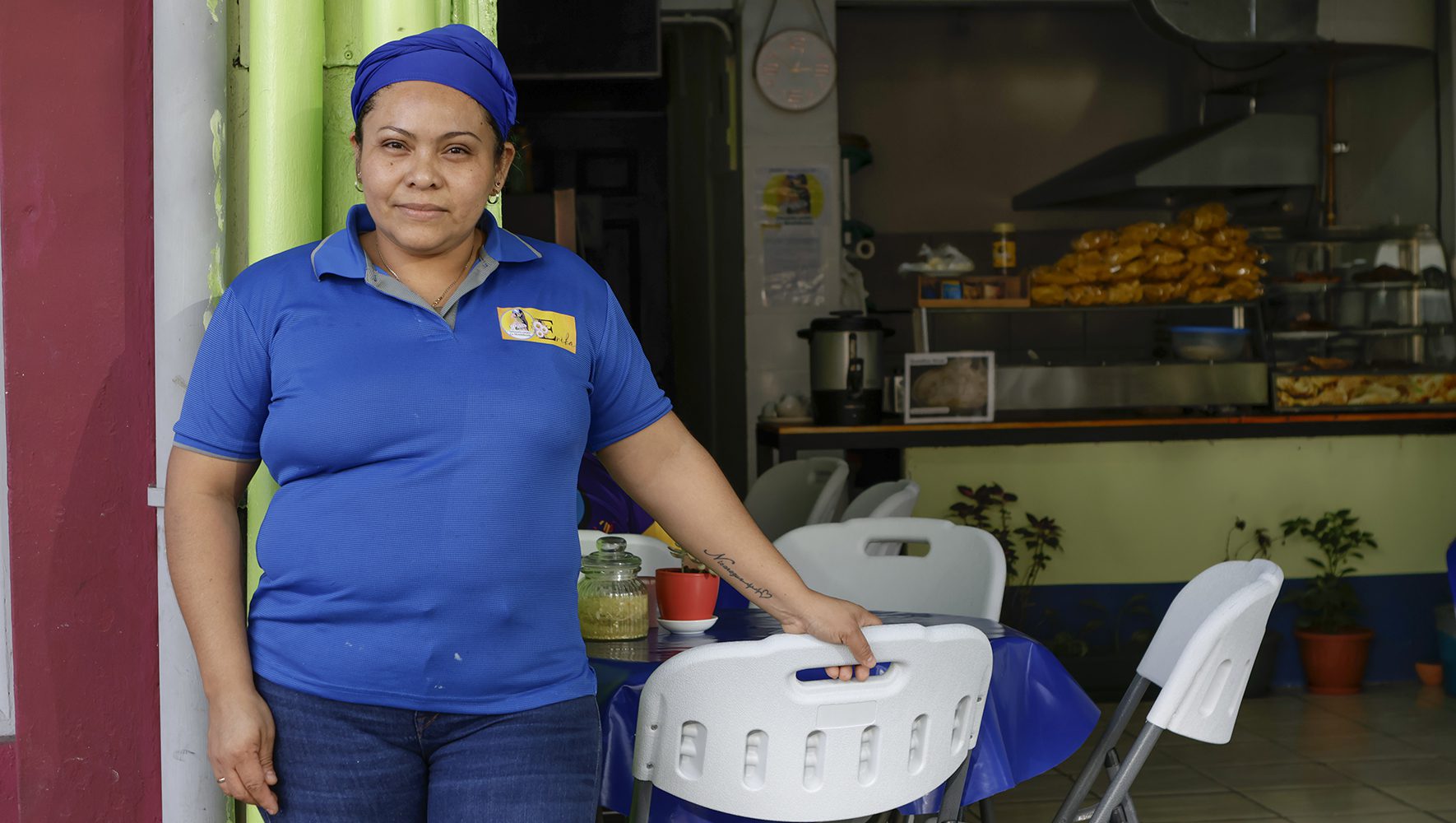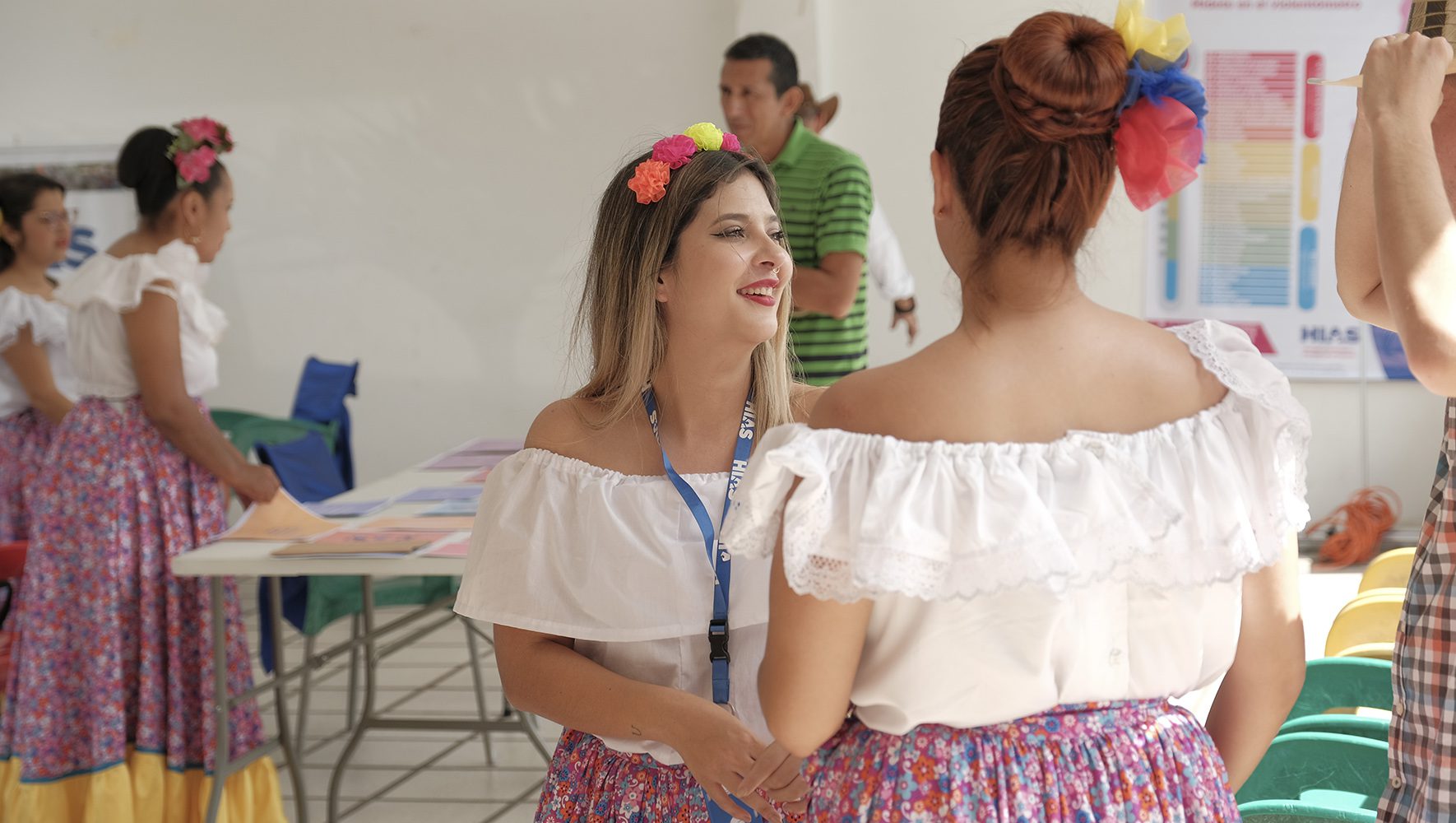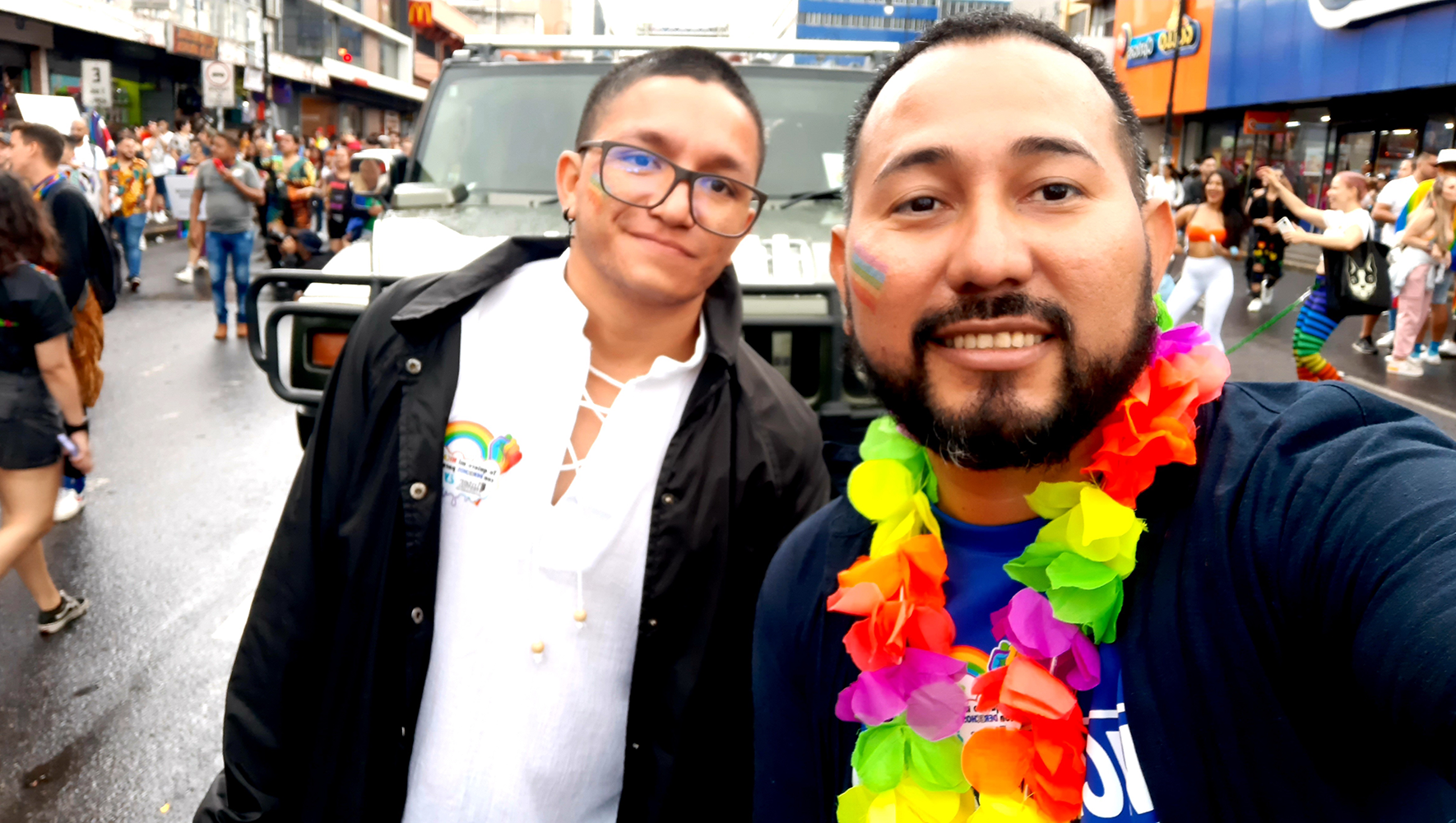In Costa Rica, A Legal Team Helps Refugees Start New Lives
By Beverly Goldberg
HIAS.org
Apr 25, 2024
Edgar Herrera, a trained lawyer, is passionate about helping refugees apply for asylum in his home country of Costa Rica.
“I’m a strong believer in justice, and in equality of opportunities for all people,” Herrera said. “My professional and personal values are aligned with HIAS’ mission to protect the refugee.”
Herrera is the program manager for HIAS Costa Rica, where he oversees the legal protection program alongside a team of experienced lawyers. With the support of the UN Refugee Agency (UNHCR), U.S. Department of State, and AECID, his team has helped people to obtain asylum, legal documents, and access rights since 2017. Now, this work is more important than ever: Costa Rica is receiving a record increase in requests for asylum, and applicants are facing increasing difficulties in obtaining international protection.
“The recent changes to legislation for asylum seekers and refugees in Costa Rica mean that people who are applying for asylum can’t access a work permit, among other restrictions,” said Mariana Sánchez, the legal protection coordinator for HIAS Costa Rica. “The emotional impact of this is huge.”
Despite these difficulties, Costa Rica is still one of the leading countries in Latin America and the Caribbean for providing international protection to refugees. This is due to its relative safety, stability, and robust legal frameworks. The country is currently host to over 190,000 asylum seekers and 15,000 recognized refugees.
A Legal Program Designed with the Needs of Refugees in Mind
HIAS Costa Rica’s legal protection program provides people who have experienced persecution due to their race, religion, gender, political views, or membership of a particular social group with legal services and support. So far, over 98% of asylum seekers that have received legal representation with HIAS Costa Rica have successfully obtained refugee status.
Emiliano*, a 22-year-old fleeing political persecution in his home country, is one of them. “I came to Costa Rica when I was just 17,” said Emiliano. “When I arrived, I got in contact with HIAS, and they helped me with my asylum process.”
The current program provides support to asylum seekers and refugees in San José, San Carlos, Los Chiles, and Paso Canoas. Services provided range from complete legal representation throughout the entire asylum process to help with specific aspects of the asylum application. HIAS’ legal protection officers also provide public legal information on access to health care and education services.
“HIAS took care of everything,” Emiliano said. “They got me appointments with the DGME (the Costa Rican Migration Authority) and gave me legal advice about how to navigate the interview. They came with me, and we presented the evidence for my case. Thankfully, the interview was a success!”
A Better Future Ahead for Refugees in Costa Rica
In addition to providing legal services to asylum seekers and refugees, HIAS, in coordination with UNHCR, also works with public institutions to provide them with training on refugee rights across the country.
Through strategic litigation, HIAS promotes positive reforms to legislation that protects refugees. HIAS also advocates for improving access to legal rights with key members of the government and raises awareness about the importance of protecting people who have experienced persecution.
“We organize focal groups with asylum seekers and refugees to understand the nature of their needs,” said Herrera. “We then take this information to design our humanitarian response based on real needs of refugees.”
*Participant names have been changed to protect their identity.


